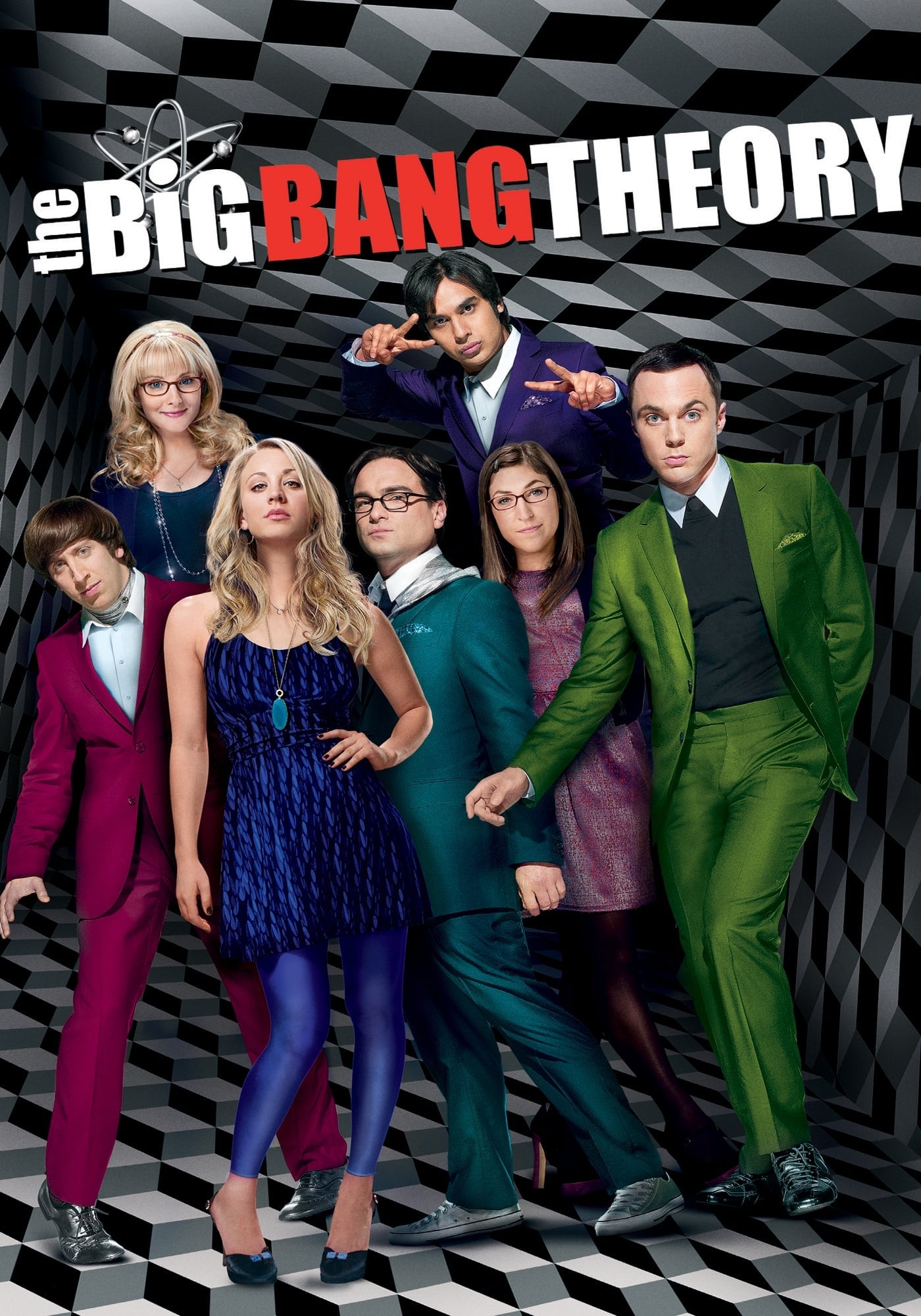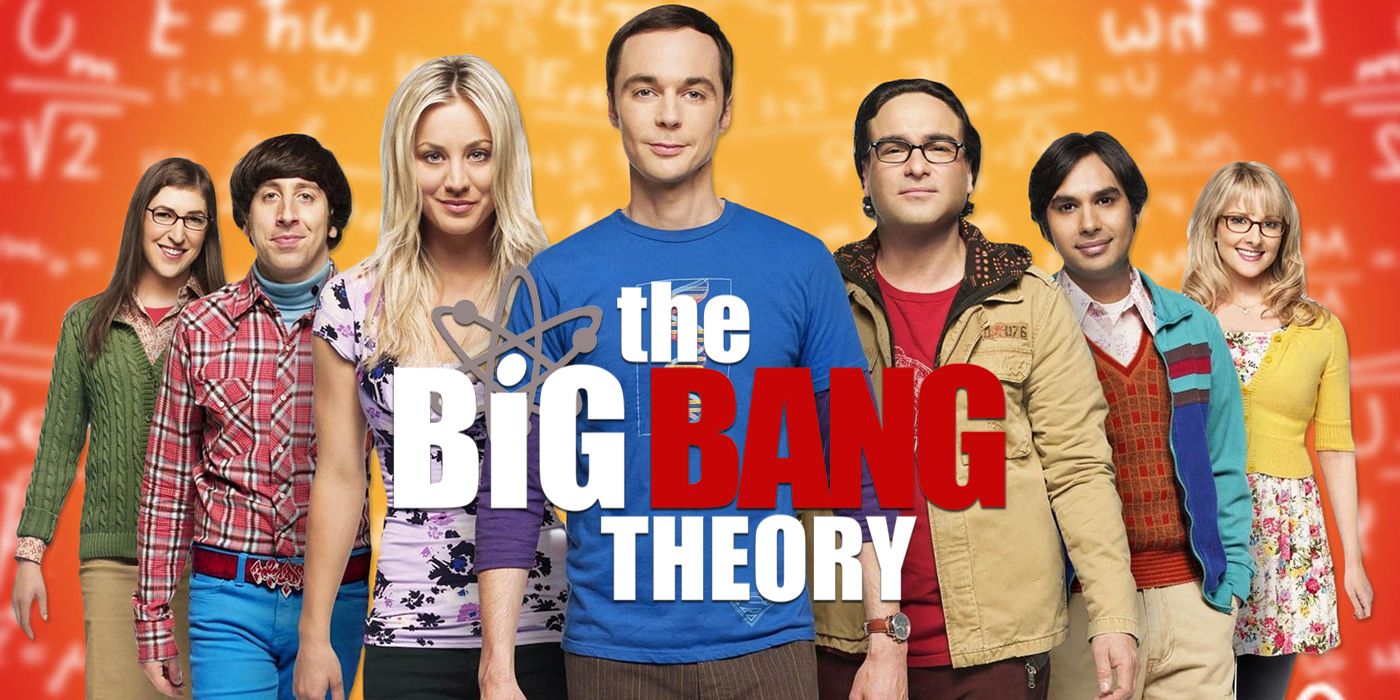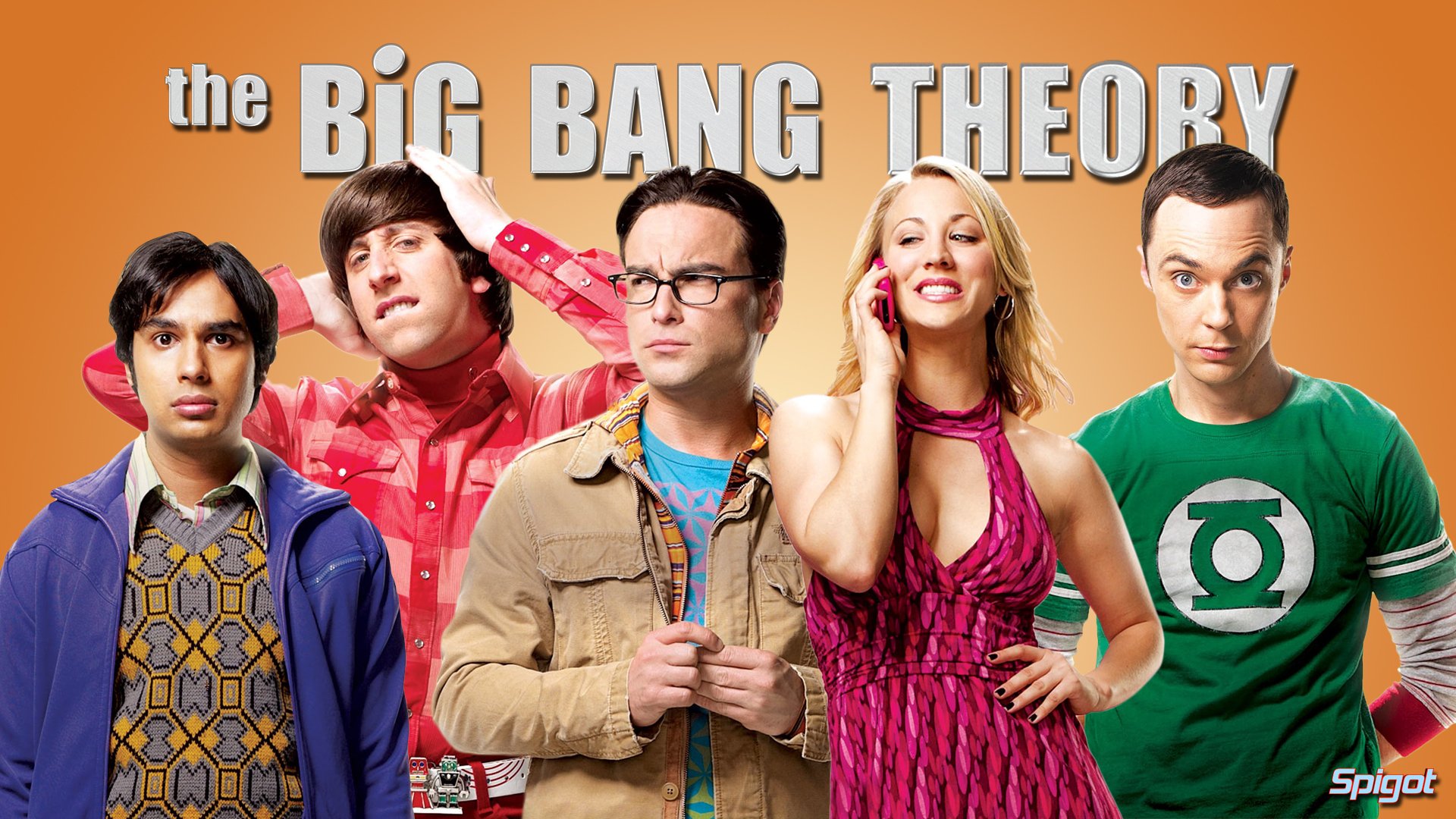Have you ever looked up at the night sky, perhaps on a clear evening, and wondered how it all started? That vast expanse, filled with countless stars and galaxies, it truly makes you think, doesn't it? Well, there's a widely accepted idea that helps explain this grand beginning, and it's called the big bang theory. It's a way astronomers talk about how our universe came into existence, a pretty amazing thought, you know?
This idea suggests that everything we see, every bit of matter and energy, began from something incredibly tiny. It was, in a way, just a single point, then it started to expand and stretch out, growing to the enormous size we see today. It’s a bit like imagining a tiny balloon suddenly starting to inflate, only on a scale that's almost too big to grasp, literally everything, expanding outwards.
So, what exactly does this mean for us and our place in the cosmos? This concept, the big bang theory, really forms the bedrock of our modern understanding of the universe. It helps us piece together the cosmic story, from its earliest moments to the present day, and it's quite a fascinating journey of discovery, that is for sure.
Table of Contents
- What is the Big Bang Theory?
- Key Ideas Behind the Big Bang
- The Universe's First Moments
- Looking Back in Time
- Why the Big Bang Theory is Important
- Frequently Asked Questions About the Big Bang Theory
What is the Big Bang Theory?
The big bang theory, well, it’s really how astronomers explain the very start of our universe. It’s a pretty central idea in science, you know? This idea suggests that the universe began as just a single, incredibly small point. Imagine something smaller than you can possibly picture, containing everything.
From that tiny spot, the universe then expanded and stretched out, growing to the immense size it is now. This expansion is not like an explosion in space, but rather space itself expanding. It’s a truly vast concept, in a way, a bit mind-boggling.
This led to what we call the “big bang” theory. It tells us that the universe started with an intense burst of energy. And it has been expanding ever since that initial burst. It’s a continuous process, actually, happening right now.
Key Ideas Behind the Big Bang
To truly get a sense of the big bang theory, it helps to look at some of the main ideas that support it. These are the pieces of the puzzle that scientists have put together over time. They give us a much clearer picture, you know, of what happened way back when.
The Ever-Expanding Universe
One of the most important ideas that supports the big bang theory is the concept of an expanding universe. It's not just a guess, either. People like Edwin Hubble, seated at the 100-inch telescope, made very important observations. He saw that galaxies are moving away from us, and the farther away they are, the faster they move. This really showed that the universe is indeed getting bigger, like a balloon being inflated, which is pretty compelling.
This constant outward motion is a core part of the theory. It suggests that if you rewind time, everything would have been much closer together. This observation, you know, really pointed towards a single beginning point, a bit like tracing a path back to its origin.
The Cosmic Echo
Another powerful piece of information comes from something often called the "noise" left over from shortly after the big bang. This "noise" is actually cosmic microwave background radiation. It’s like an echo from the universe’s very early moments, billions of years ago. It’s pretty amazing that we can still detect it today.
The different colors in images of this background radiation represent very tiny differences in energy. These tiny differences eventually resulted in matter forming. So, in a way, this ancient light is a direct snapshot of the universe when it was just a baby, which is truly remarkable.
The Early Universe Soup
For the first 150 million years after the big bang, things were very different from what we see now. There were no galaxies, no stars, and certainly no planets. The universe was just a soup of tiny, tiny things called particles. It was a very hot and dense place, not at all like the vast, empty space we know today, you know.
Imagine a thick, swirling fog of fundamental bits of matter. That's what it was like. These particles were moving around very quickly, and they hadn't yet cooled down enough to form anything more complex. It was a chaotic, yet crucial, time in the universe's history, in some respects.
The Universe's First Moments
After that initial burst of energy and the period of a particle soup, things started to change. The universe continued to expand and cool, allowing for new structures to begin to form. This next stage was absolutely vital for everything that came after, you know, for us to even be here.
From Particles to Galaxies
As the universe cooled down a bit, those tiny particles started to clump together. Over time, gravity began to pull these clumps closer. This process eventually led to the creation of the first stars and then, much later, the first galaxies. It was a gradual but powerful transformation, you see.
Our own galaxy, the Milky Way, is an ancient galaxy. It was born only a few hundred million years after the big bang. So, in a way, our galactic home has been around for almost the entire history of the universe. It's a pretty old neighborhood, you could say.
Looking Back in Time
Scientists don't just guess about these things; they have powerful tools that help them look back into the universe's past. It's like having a cosmic time machine, allowing us to see what things were like long, long ago. This is how we gather more evidence for the big bang theory, you know.
Tools for Cosmic Exploration
One of the most famous tools for exploring the distant past is the Hubble Space Telescope. This incredible instrument has provided us with countless images and data from far-off parts of the universe. For instance, an image of the Crab Nebula was created with information from the Hubble Space Telescope. These images help us understand how things evolved.
Such tools allow scientists to look at what our universe was like about 200 million years after the big bang. By observing distant galaxies, we are essentially looking back in time, because the light from those galaxies has taken so long to reach us. It's a bit like seeing history unfold before your very eyes, which is quite fascinating, really.
Why the Big Bang Theory is Important
So, why does the big bang theory matter to us today? Well, it provides a comprehensive framework for understanding our cosmic origins. It helps us answer some of the biggest questions humans have ever asked. Knowing how the universe began gives us a deeper appreciation for its vastness and complexity, you know.
It also guides ongoing scientific research. Scientists are always looking for new evidence and refining our understanding of the universe's early moments. It’s a living, breathing area of study, with new discoveries happening all the time. This theory, in some respects, is a foundation for so much more learning.
The big bang theory isn't just for astronomers; it's a story for everyone. It connects us to the very fabric of existence, showing how everything, from the smallest particle to the largest galaxy, came to be. It helps us feel a part of something truly grand, and that's a pretty special feeling, I think.
Frequently Asked Questions About the Big Bang Theory
What is the main idea behind the big bang theory?
The main idea of the big bang theory is that the universe began as a single, incredibly tiny point. From this point, it then expanded and stretched out, growing to its current enormous size. It's how astronomers explain the start of the universe, suggesting it began with an intense burst of energy and has been expanding ever since. It's a pretty simple, yet powerful, concept, you know.
What evidence supports the big bang theory?
There are a few key pieces of evidence that really support the big bang theory. One is the observation that the universe is still expanding, with galaxies moving away from each other, something Edwin Hubble helped us understand. Another strong piece of evidence is the cosmic microwave background radiation, which is like an echo or "noise" left over from the very early universe, billions of years ago. These different pieces of information fit together quite nicely, actually, to form a compelling picture.
How long ago did the big bang happen?
While the exact timing is refined with ongoing research, the big bang is understood to have happened billions of years ago. For instance, we know that our own galaxy, the Milky Way, was born only a few hundred million years after the big bang. Also, scientists can look at what the universe was like about 200 million years after the big bang using tools like the Hubble Space Telescope. So, it was a very, very long time ago, a truly ancient event.
If you're curious to learn more about how scientists observe the universe, you might want to check out information on the Hubble Space Telescope. It’s an incredible instrument that has helped us understand so much about our cosmic home. Learn more about the big bang theory on our site, and link to this page for more cosmic wonders.



Detail Author:
- Name : Brown Oberbrunner
- Username : stanton.ansley
- Email : lempi14@yahoo.com
- Birthdate : 1971-08-19
- Address : 6314 Giles Roads New Rubenburgh, GA 80256
- Phone : +1-425-439-9104
- Company : Prohaska Inc
- Job : Producer
- Bio : In ipsa illo mollitia non. Nihil animi in incidunt molestiae maiores eius. Hic consectetur nulla praesentium aspernatur velit. Quidem reiciendis aspernatur est a et quod veritatis.
Socials
facebook:
- url : https://facebook.com/ressie9263
- username : ressie9263
- bio : Facere delectus distinctio voluptatibus commodi.
- followers : 2663
- following : 491
tiktok:
- url : https://tiktok.com/@ressiehansen
- username : ressiehansen
- bio : Accusamus nostrum ad facere aut ut voluptatem et aut.
- followers : 6919
- following : 1542
twitter:
- url : https://twitter.com/ressiehansen
- username : ressiehansen
- bio : Cupiditate consectetur voluptatem numquam laboriosam et maxime. Officiis accusantium deleniti amet atque. Vel a nam at est pariatur.
- followers : 6182
- following : 1011
linkedin:
- url : https://linkedin.com/in/hansenr
- username : hansenr
- bio : Molestias deleniti doloribus aut atque ut vero.
- followers : 886
- following : 2066